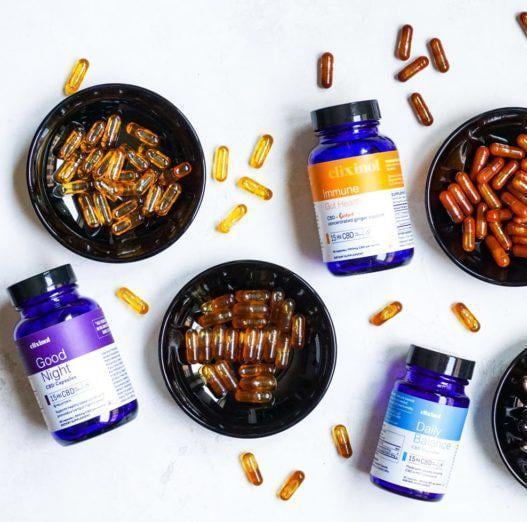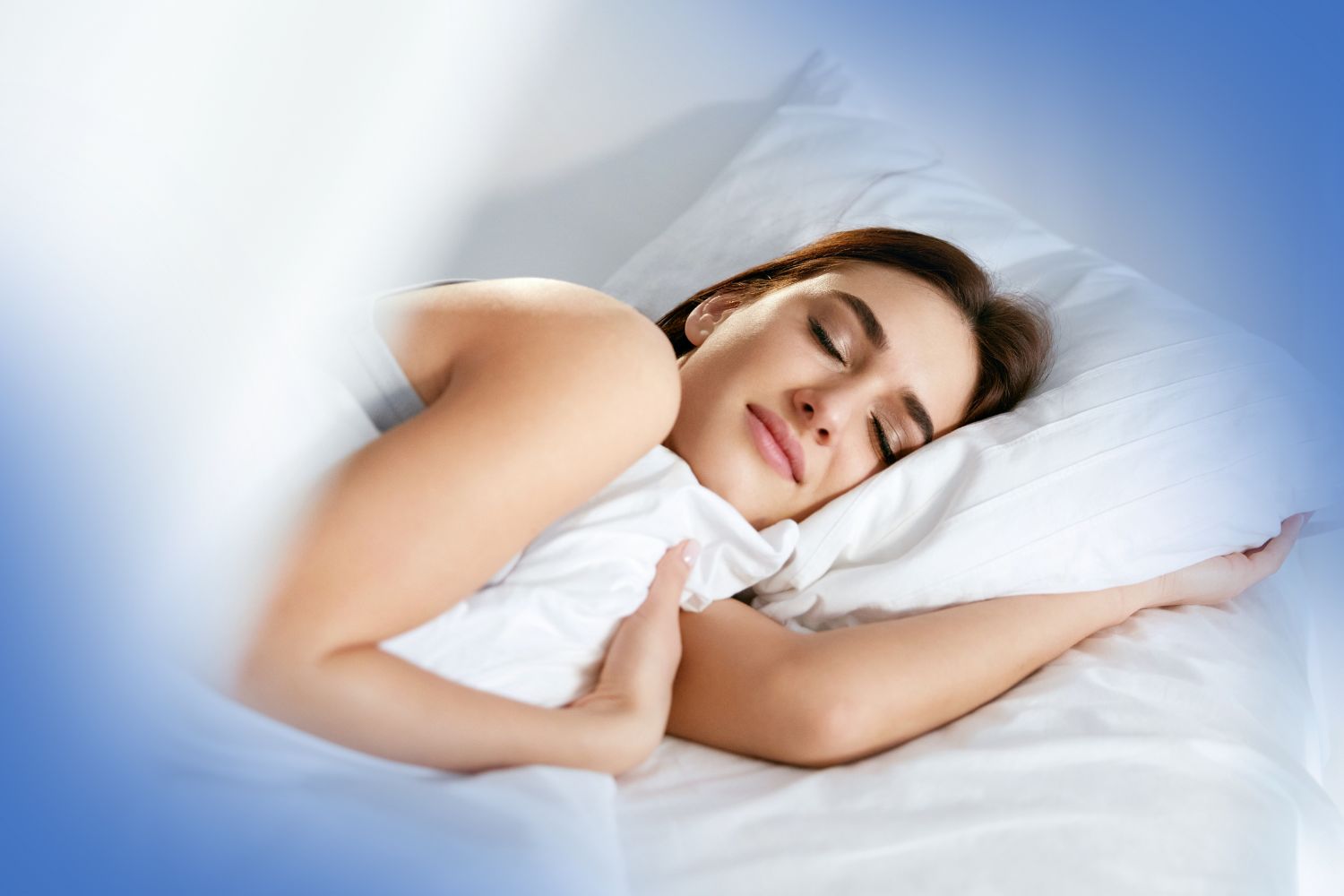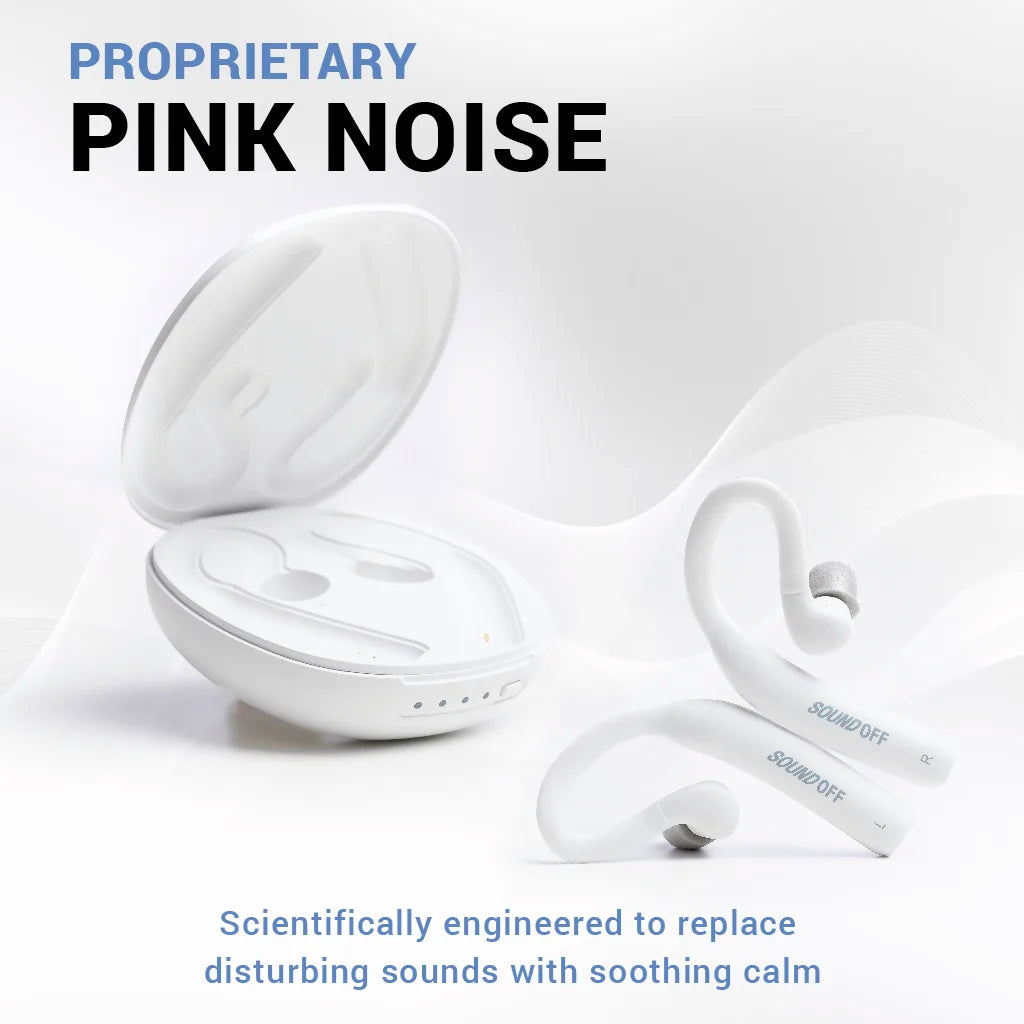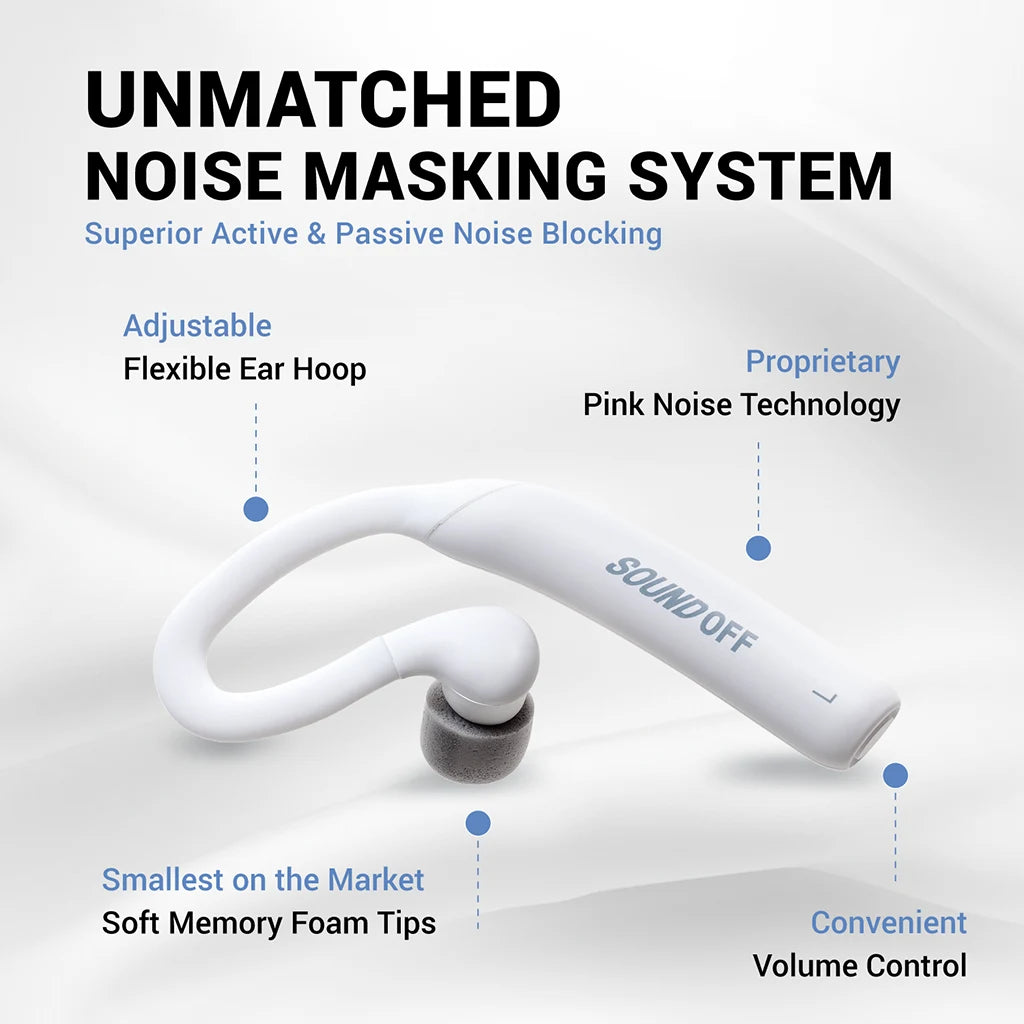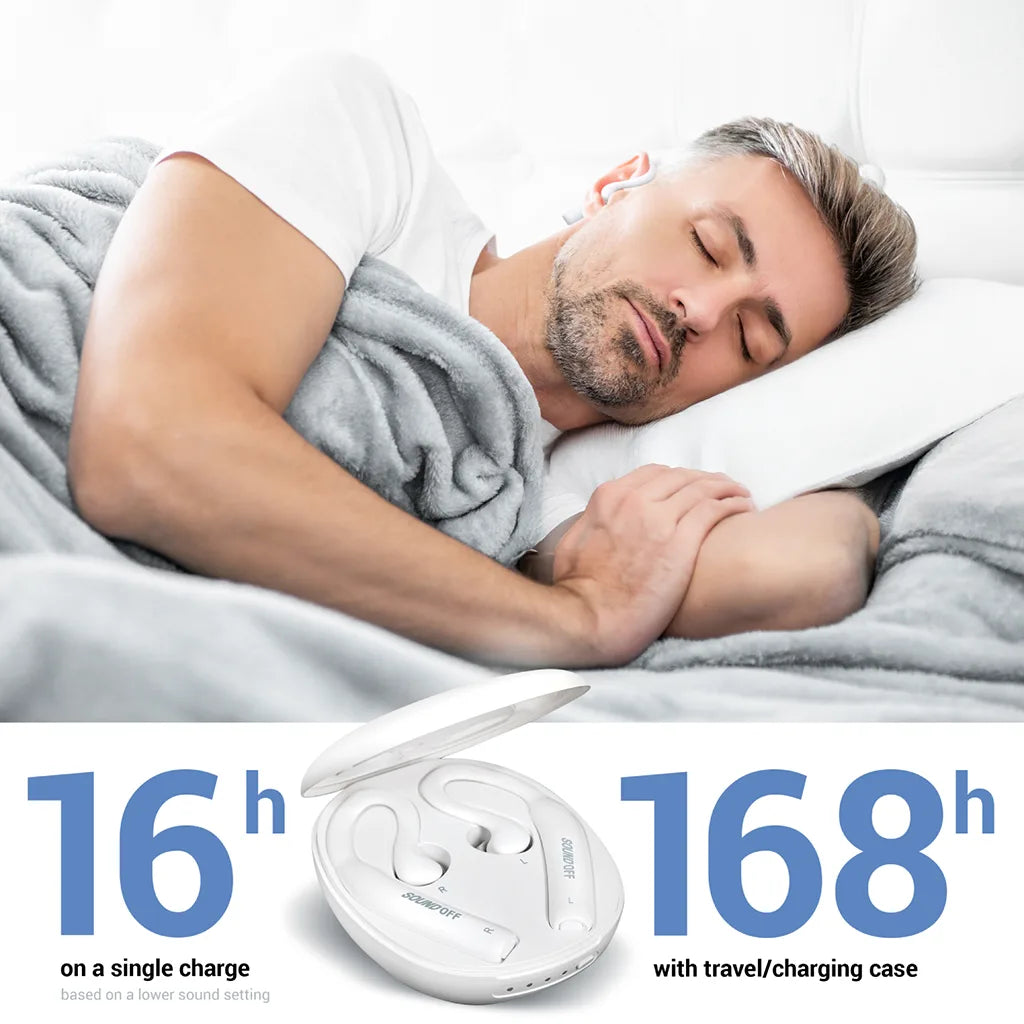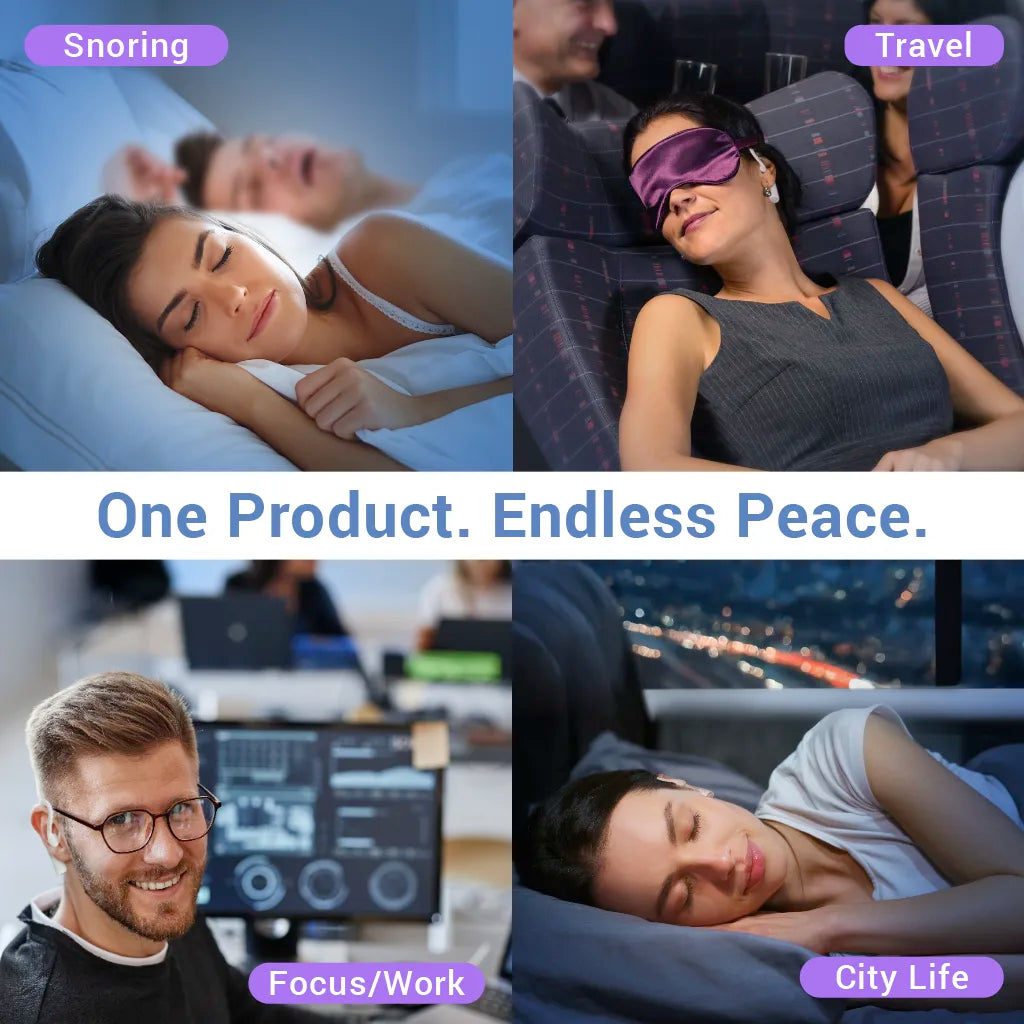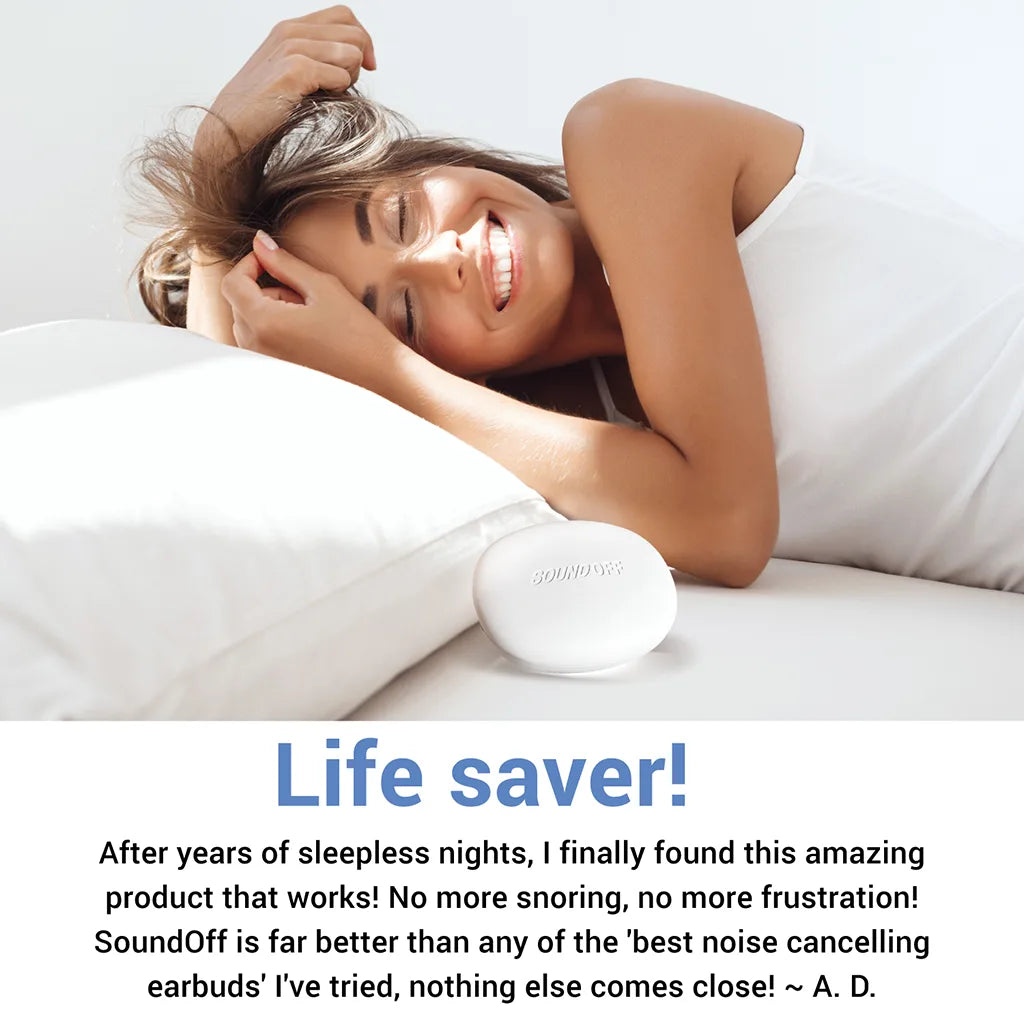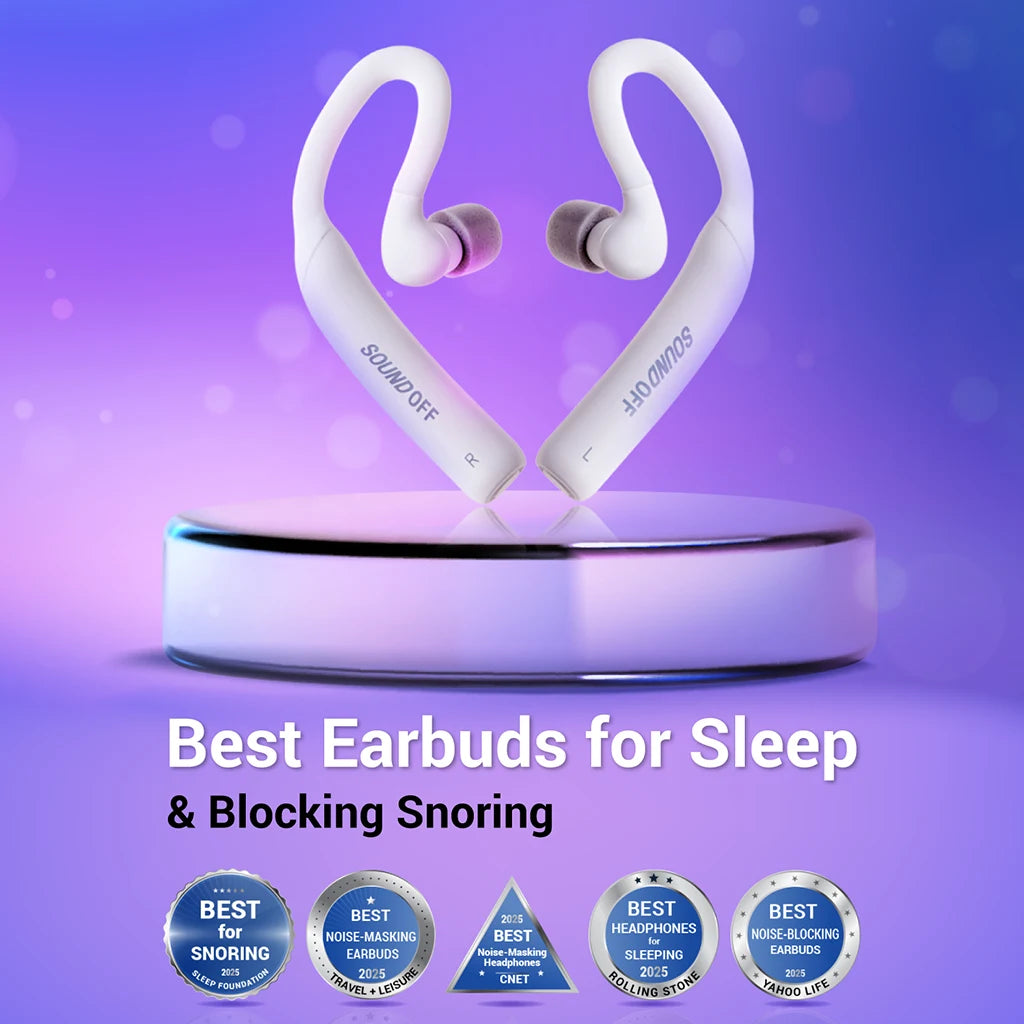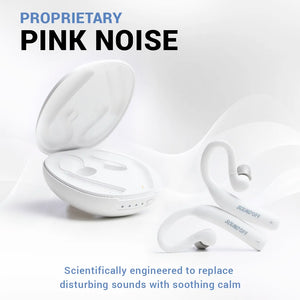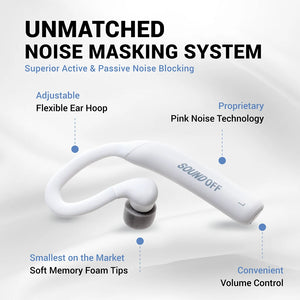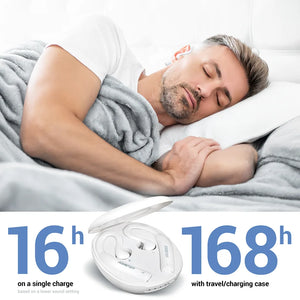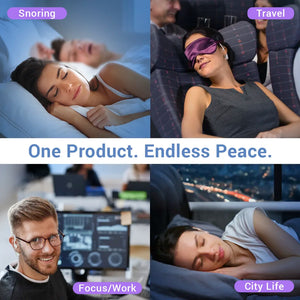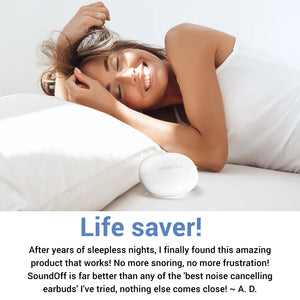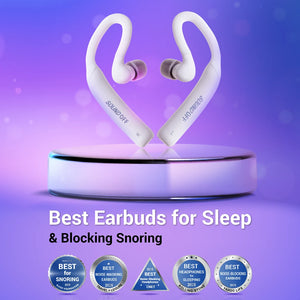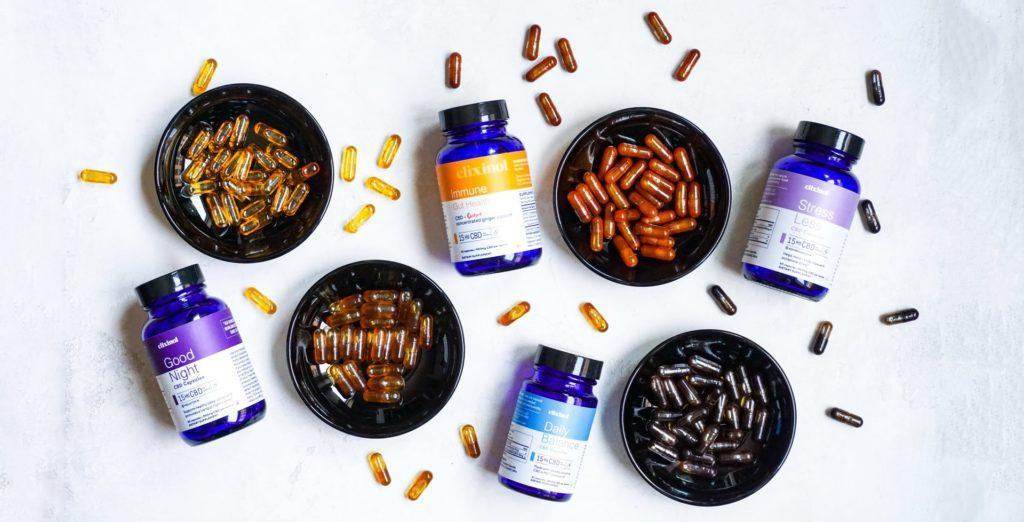
How Supplements can provide Better Sleep
Vitamins and minerals play a critical role in the quality of our sleep. Some help you sleep longer; some deeper - some help you get to sleep faster - some help regulate your internal clock. Are you searching for a solution to a sleep problem through supplements? Supplements can provide better sleep and get you on the road to better health. The tips below will point you in the right direction, but dig deeper and consider these tips before you begin to supplement your sleep…
Look to Nature
Supplements are not the end game to better sleep; strive to get more of those nutrients through a wholesome diet. Whole unprocessed foods will provide the best nutritional support. Sure, it's more effort - but it will be worth it! If your body still isn't getting enough nutrients after changing your eating habits, supplements can provide better sleep by filling in those nutritional gaps.
Do your Research
Some supplements assist in regulating sleep cycles. Others, however, can actually increase the risk of sleep disorders, including insomnia and sleep apnea. It's important to know benefits and risks of a supplement to make sure it's the best choice for you and your particular sleep problem. Supplements can provide better sleep only when you're using the right one for your sleep issue.
Talk with your Doctor
Considering supplements for sleep but not sure where to start? Your doctor can help you choose the supplements that are best for you.

Knowing the correct timing, dosage and any possible interaction with existing medication is key to using supplements safely and effectively.

Let's look at ways to increase your sleep, improve your quality of sleep, and/or regulate your sleep with supplements.
Below, is a list of 15 supplements that can provide better sleep. Along with these proven sleep boosters, we've provided tips for getting these nutrients naturally through your diet and lifestyle…
15 Supplements that can provide better sleep:
Achieve Deep Sleep with Ashwagandha
Ashwagandha, (aka: Indian Ginseng,) is an herb that restores the immune system after illness. This supplement can provide better sleep by solving issues with insomnia. Ashwagandha helps prepare the body for sleep because it reduces stress and anxiety. By activating calming GABA receptors in the brain, it allows users to achieve "deep sleep" faster.
- Note: Ashwagandha is not a quick-fix – it can take several months to realize its full effect on sleep quality.
Regulate Mood Swings with Vitamin B6
Vitamin B6 helps the body produce the hormones, Serotonin and Melatonin. Each of these is essential in getting restful sleep and regulating mood.
Higher Vitamin B6 intake is linked to a lower risk for depression in older adults. This is because it guards against sleep conditions like insomnia and hypersomnia.
- Work with your doctor to find the right dosage of Vitamin B6 as high levels can be toxic - and excessive levels may lead to insomnia.
- Increase your Vitamin B6 naturally through your diet.
Good sources of B6 for better sleep:
- Bananas, Carrots, Cheese
- Eggs, Fish, Peanuts
- Pork, Poultry, Spinach
- and Whole Grains
Regulate Your Sleep Cycle with Vitamin B12
This supplement can provide better sleep by regulating your sleep-wake cycle. Having a deficiency in Vitamin B12, can also cause anemia, depression, damage to nerves and imbalances of neurotransmitters. All of these are known to create sleep disturbances.
*Large doses of B12 are not recommended if you don't have a diagnosed vitamin B12 deficiency. Your doctor should recommend your dosage if you’re low in B12.
Supplement your sleep with these B12 food sources:animal proteins including dairy, eggs, fish and shellfish, fortified breakfast cereals and meat.
- Note: B12 is missing from plant-based foods. Therefore, anyone practicing a vegan diet will be more likely to need a supplement
Get More Sleep with Calcium
This key supplement can provide better sleep by restoring sleep patterns. The calcium found in dairy is critical to maintaining sleep cycles. It combines with tryptophan in the body to create more of the sleep-inducing hormone melatonin. Being low on calcium, can lead to extreme fatigue and may cause Insomnia.
A study published in the European Neurology Journal reported calcium levels register higher during the deep (REM) phase of sleep. They surmised sleep disturbances during this phase of deep sleep were related to calcium deficiencies. This was confirmed as normalizing blood calcium levels proved to restore those subjects to normal sleep patterns.
- Note: It is recommended to check with your doctor regarding the best time of day to take a Calcium supplement. Eating calcium-rich foods before bed can also provide better sleep.
In addition to dairy, you can get more calcium naturally by including these foods in your diet:
- Almonds, Broccoli, Cabbage, Chia Seeds
- Dried Apricots, Dates, Eggs, Figs
- Leafy Greens, Lemon Peels, Lentils
- Milk, Oranges, Prunes, Salmon, Sardines
- Sesame Seeds, Tofu and Yogurt
Sleep Longer with Vitamin C
Vitamin C improves length and quality of sleep. It can also lessen some of the negative health effects caused by sleep deprivation. Case in point: it protects against memory loss – a too-common result of insufficient sleep.
Individuals with low Vitamin C blood levels have shown a higher incidence of disrupted sleep and a greater tendency toward sleep disorders. Vitamin C is also believed to improve symptoms of OSA (obstructive sleep apnea) both on its own and when combined with other antioxidants.
Fortify your diet - and your sleep- with these nutrients:
- Black Currants, Broccoli, Brussels Sprouts
- Cauliflower, Citrus, Green; Red and Yellow Chilis
- Guava, Kale, Kiwis, Parsley, Potatoes
- Spinach, Strawberries and Thyme
Sync Your Sleep Cycle with Vitamin D
Vitamin D is a must for getting effective sleep; being deficient in Vitamin D is linked to short sleep; poor quality sleep, and a risk of developing Sleep Apnea.
Technically classified as a hormone, Vitamin D regulates mood and sleep cycles. Recent research indicates it accomplishes this by activating two circadian “clock genes” which regulate our internal bio clocks.
Light and darkness are the primarily regulators of circadian rhythms. Sunlightwill give you the best Vitamin D boost. Ten to fifteen minutes of sun exposure a few times a week helps maintain sufficient Vitamin D blood levels by helping your body produce its own supply. Syncing your internal clock by getting more sunlight will provide better sleep.
Supplement your time in the sun with these foods to increase your intake of Vitamin D:
- Cod Liver Oil, Cow's Milk
- Egg Yolks, Fatty Fish
- Fortified Cereals, Mushrooms
- and Orange Juice
Improve Sleep Quality with Vitamin E
A Vitamin E supplement can provide better sleep quality. It also protects the part of the brain that stores memory. Taken on its own or with Vitamin C and other antioxidants, this vitamin has been used to improve nighttime breathing for individuals with (OSA) obstructive sleep apnea.
Get more E by including lots of nuts and seeds in your diet: almonds, hazelnuts, peanuts and sunflower seeds are all good sources.
Additional food sources with high Vitamin E include beet greens, collard greens, broccoli, pumpkin, red bell peppers, spinach, tomatoes, and wheat germ oil.
Boost Serotonin with 5-HTP (5-Hydroxytrytophan)
Created naturally by our bodies, this compound boosts production of the Serotonin required to make the hormone Melatonin. This in turn helps regulate sleep-wake cycles.
5-HTP can help you fall asleep faster by decreasing any stress or anxiety that is keeping you awake.
Supplement your sleep by betting more nutrients from:
- Eggs, Chicken, Collard Greens
- Milk, Nuts, Oatmeal, Potatoes
- Pork, Pumpkin, Red Meat
- Seaweed, Sunflower Seeds
- Tofu and Turkey
Get more REM Sleep with Glycine
This amino acid stimulates sleep by helping the body produce the hormone and neurotransmitter Serotonin. It is effective in improving symptoms of Insomnia and helps one get back to a regular sleeping pattern after a period of interrupted sleep.
Glycine helps people fall asleep faster and spend more time in REM sleep. Why? It triggers a drop in body temperature -- our bodies rely on such a drop in temperature to be able to fall asleep.
Glycine is found naturally in high-protein foods like buffalo, bone broth, dairy, eggs, fish, legumes and meat.
Vegetarian Glycine sources include bananas, cabbage, cauliflower, cucumbers, kale, kiwi, pumpkin and spinach.
Calm Restless Legs with Magnesium
Magnesium is a mineral that supports sleep function by helping the body maintain sufficient levels of GABA and Melatonin. It is known for regulating sleep cycles and helps to alleviate the Insomnia that can accompany Restless-Leg-Syndrome.
Chronic Insomnia is one of the main symptoms of Magnesium deficiency and it’s estimated that approximately half of all US adults are magnesium deficient.
- Note: Combine Magnesium with Calcium for best results.
Eat these foods to get more magnesium in your diet naturally:
avocados, bananas, dark chocolate, dried apricots, leafy greens, nuts, seeds, shellfish and tofu.
- Avocados, Bananas, Dark Chocolate
- Dried Apricots, Leafy Greens, Nuts
- Seeds, Shellfish and Tofu
"Look deep into nature, and then you will understand everything better."
-Albert Einstein
Relax Your Mind with Magnolia Bark
Used as a natural sleep therapy through the ages, the polyphenols in Magnolia Bark relax the mind and induce sleep. This extract acts as a sedative which lowers stress and anxiety, providing better sleep by increasing both slow wave sleep and REM sleep.
Magnolia Bark helps provide sleep by increasing GABA activity in the brain. By lowering adrenaline levels, it helps with relaxation when someone is “too wired” to sleep.
Regulate Your Sleep with Melatonin
Technically a hormone, Melatonin is naturally produced by the body. Just as Vitamin D is produced by exposing your body to sunlight, exposure to darkness triggers the body’s production of Melatonin.
It supports sleep by helping the body develop consistent sleep-wake cycles. Research shows Melatonin can help you fall asleep faster and stay asleep longer; reduce daytime fatigue, and help increase time spent in REM sleep.
Boost your body's production of Melatonin with these all natural sources:
- Almonds, Fenugreek, Fish
- Goji Berries, Lyceum Berries
- Mustard Seed, Olive Oil
- Raspberries, Tart Cherries
- Salmon, Sardines and Wine
Get Less Interrupted Sleep with Omega-3 Fatty Acids
Higher levels of Omega-3 are connected with better quality sleep; they help to provide fewer interruptions to sleep cycles. Omega-3's are also known to increase length of sleep.
Low levels of Omega-3 fatty acids have been shown to cause sleep problems in children and are linked to sleep apnea in adults.
Omega-3's are abundant in a variety of seafoods, nuts and oils but... your body may not always convert them efficiently. If you find yourself deficient in Omega-3’s, your health advisor may recommend supplements.
Great natural sources for getting Omega-3’s in your diet include:
- Cod Liver Oil, Cruciferous Vegetables
- Eggs, Fatty Fish, Flaxseed, Leafy Greens
- Peanut Butter, Pumpkin Seeds
- Walnuts and Yogurt
Fall Asleep Faster & Stay Asleep Longer with Valerian & Hops
This dynamic duo provides relaxation bordering on sedation. Both Valerian and Hops boost production of thee sleep-promoting brain chemical GABA.
Valerian reduces anxiety and helps one fall asleep faster. Hops has a sedative effect that helps lengthen sleep time. Taken together or separately, Valerian & Hops provide powerful sleep support.
Be Smart, Be Safe, Be Well
Sleep is critical for maintaining a healthy mind and body and using supplements correctly can help you get the sleep you've been missing.
Reminder:
If you're considering adding a new supplement to your routine, talk to a doctor. Read the labels and do your own research. Always be sure you know what you’re taking. Knowing why you’re taking a supplement – as well as when to take it; how to take it… and what you should or shouldn’t take it with, will bring the best results. That said...
While supplements provide better sleep for a number of sleep problems, noise isn't one of them. Is a snoring partner, noisy neighbor, or other racket keeping you awake? Are you unable to relax with all the chatter in your head? Supplements won't fix internal or external noise but don't worry –we've got you covered. Try supplementing your sleep with the soothing tones of pink noise –our earbuds block out noise and provide better sleep by relaxing you and lulling you to sleep. You'll fall asleep faster, sleep deeper and longer, and wake up refreshed. Guaranteed.
Wishing you all the best sleep...
For more information on how supplements provide better sleep:
Nutrition and Sleep: Diet’s Effect on Sleep | Sleep Foundation
5 Vitamin Deficiencies That Can Affect Your Sleep - The Sleep Doctor

